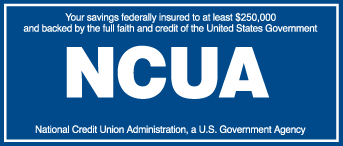January 2023 Financial Resources
Have you taken any steps to prepare for the financial realities of the new year? Here are some tips to get you started.
It’s a great idea to begin the new year with a plan. A budget is just that — a plan — that starts with the income you expect, along with your fixed expenses, such as rent or mortgage costs, homeowners association fees, insurance, utilities and transportation costs. The plan also incorporates your savings goals.
Even with a solid strategy in place, there will always be surprises along the way. Losing a job, a leaking roof, or an illness can throw off your entire plan. Be sure to build an emergency fund into your budget.
Next, consider how you will accomplish your goals. You’ll have short-term goals, such as purchasing a new car or home, as well as long-term goals, such as saving for retirement. Each set of goals requires a different kind of planning and saving.
Experts suggest working backwards to determine how much you need to save for a specific goal. For instance, if you dream of taking an expensive vacation two years from now, determine the total cost of the vacation and then establish a reasonable time-frame and the amount you’ll need to save each month to reach that goal.
Retirement plan contributions can be a valuable source of savings, especially if you have the option of employer-matched funds. If you do, be sure to take advantage of them!




